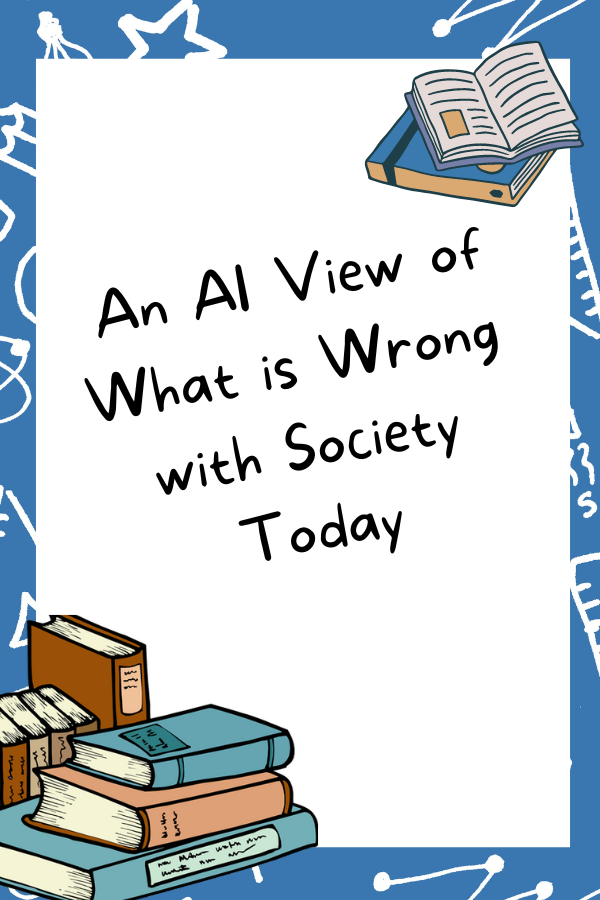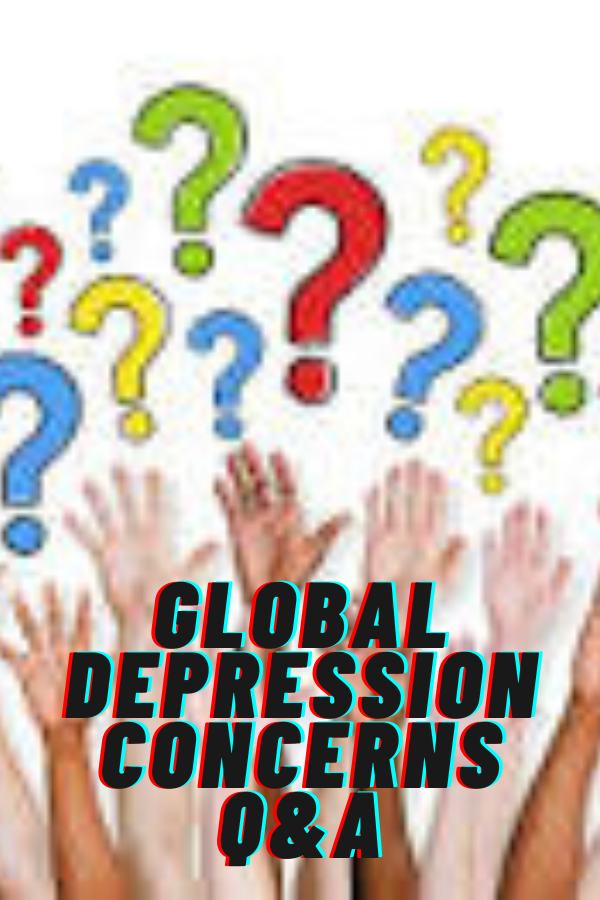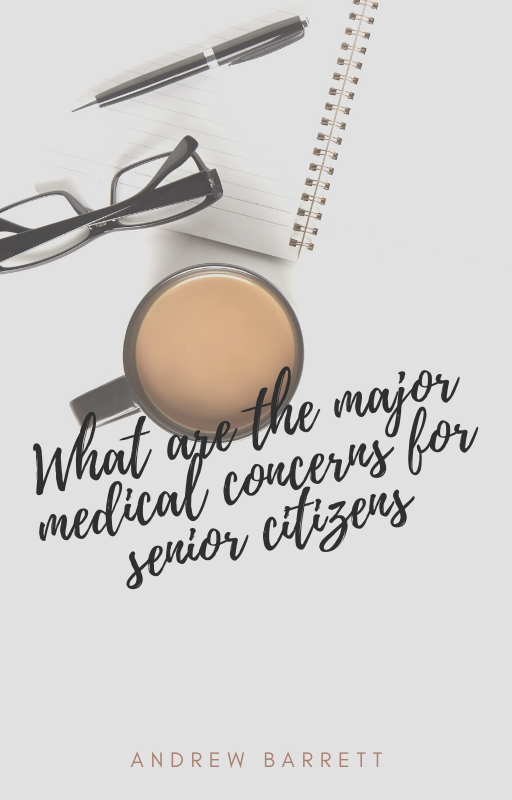
An AI View of What is Wrong with Society Today
An artificial intelligence perspective on societal issues would likely focus on data-driven observations and systemic patterns rather than subjective judgments. Here is an AI-informed analysis of some key challenges facing society today:
## Economic Inequality
The widening wealth gap between the richest and poorest segments of the population is a growing concern in many countries[1]. Data shows that income inequality has increased significantly in recent decades, with the top 1% of earners capturing a disproportionate share of economic growth. This trend can lead to reduced social mobility, political polarization, and instability.
## Climate Change and Environmental Degradation
Rising global temperatures, extreme weather events, and loss of biodiversity pose existential threats to human civilization[2]. Despite scientific consensus on the urgent need for action, progress on reducing greenhouse gas emissions and transitioning to sustainable practices has been slow. The long-term costs of inaction far outweigh the short-term economic disruptions of a green transition.
## Misinformation and Polarization
The spread of false or misleading information through social media and other channels is eroding trust in institutions and fueling social divisions[3]. Echo chambers and algorithmic content curation can reinforce existing beliefs and limit exposure to diverse perspectives. This phenomenon makes it increasingly difficult to build consensus on important issues.
## Technological Disruption
While technological advances offer immense potential benefits, they also create challenges:
- **Job displacement:** Automation and AI may eliminate many existing jobs faster than new ones are created.
- **Privacy concerns:** The collection and use of personal data raise issues of surveillance and manipulation.
- **Cybersecurity threats:** As society becomes more digitally dependent, the risks of cyberattacks increase.
## Healthcare Disparities
Access to quality healthcare remains uneven both within and between countries[4]. The COVID-19 pandemic highlighted and exacerbated existing inequalities in health outcomes. An aging population in many developed countries also strains healthcare systems.
Addressing these complex, interconnected issues will require coordinated efforts across governments, businesses, and civil society. Data-driven policymaking and technological innovation can play important roles in developing solutions, but they must be balanced with ethical considerations and a focus on human well-being.










